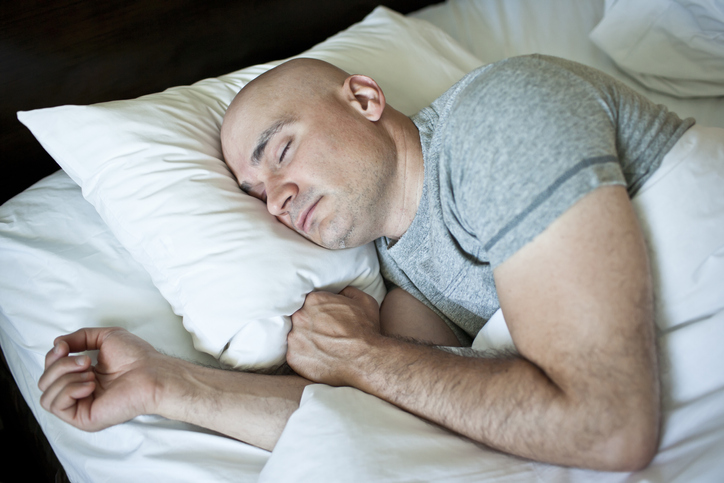We need sleep to rest, repair and rejuvenate. When we don’t get enough, it can leave us feeling tired, cranky and lacking in motivation to eat well or exercise. Here’s our top tips to maximise sleep quality without opening your wallet.
- Work with nature. Our circadian rhythm is a kind of timekeeping system that’s responsible for regulating our sleep-wake cycle, when we feel alert, and tired, some hunger cues, hormones and more. We’re designed to rise with the sun and sleep during darkness. Getting outside and exposing ourselves to natural light in the morning helps regulate a healthy sleep-wake pattern.
- Reduce blue light at night. The light emitted from screens is stimulating and can confuse our bodies into thinking they should be alert and awake. Avoiding screen time in the hours before bed will help you wind down ready for sleep.
- Exercise. Movement is medicine for many complaints, including poor sleep. You just need to get the timing right. Doing high intensity activities close to bedtime could compromise sleep as your body will be pumped with adrenaline. Consider meditation or yoga before bed instead as they have a calming effect on the nervous system, promoting restful sleep.
- Log off. Leading on from blue light, it’s important we have down time. The working culture of being available 24/7 is stressful and we need to take time for ourselves to relax before sleep.
- Cut down on caffeine and alcohol. Both compromise our ability to nod off and the quality of sleep we experience. Try to avoid caffeine after lunch time.
- Practice gratitude. Reflecting on the things we’re grateful for can help put the day into perspective and promote a sense of wellbeing. It’s thought that doing it regularly can reduce blood pressure and symptoms of anxiety and depression.
- Sort your space. Wherever you sleep, make the environment conducive to rest and relaxation:
- Decluttering, getting rid of unwanted items and packing away others can aid a sense of calm and clarity.
- Clean and air the room, a cool temperature is best.
- If you don’t have dark curtains or blinds, consider using an eye mask.
- Use dim lighting at night time to avoid confusing the sleep-wake cycle.
- Background sounds are helpful for some people to override their own internal chatter, try listening to quiet classical music, guided relaxations or podcasts as you relax in bed.
- Read a book in low light. It’s perfect escapism which helps us let go of the day’s worries and tires our eyes.
Prioritising sleep is an act of self-care, not an indulgence so go right ahead and do it. Nurturing good sleep habits is a positive step to improving our mood, energy levels, health and general wellbeing, both now and for the long term. Sweet dreams zzz.




